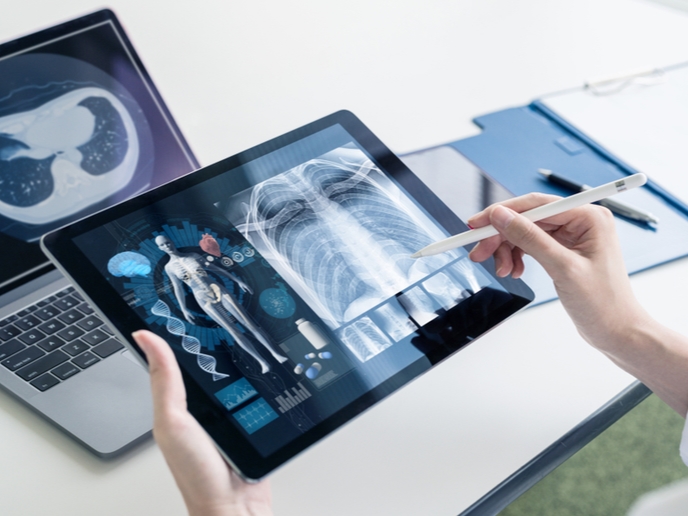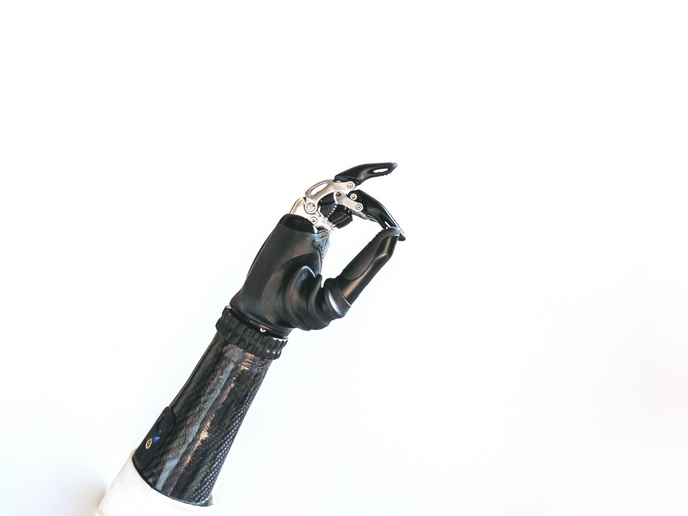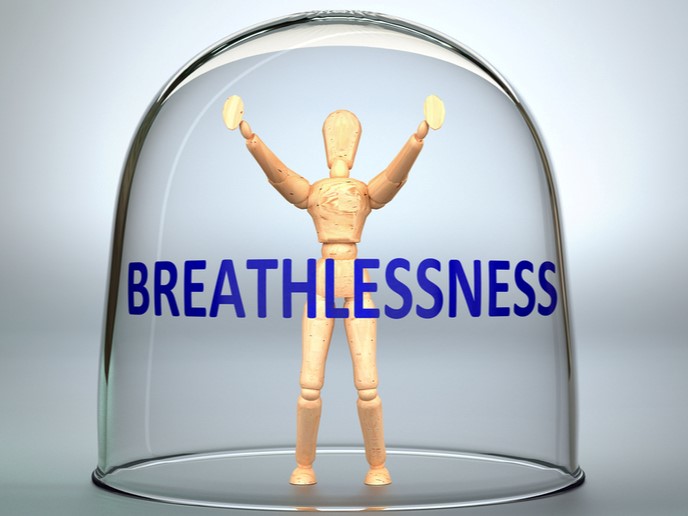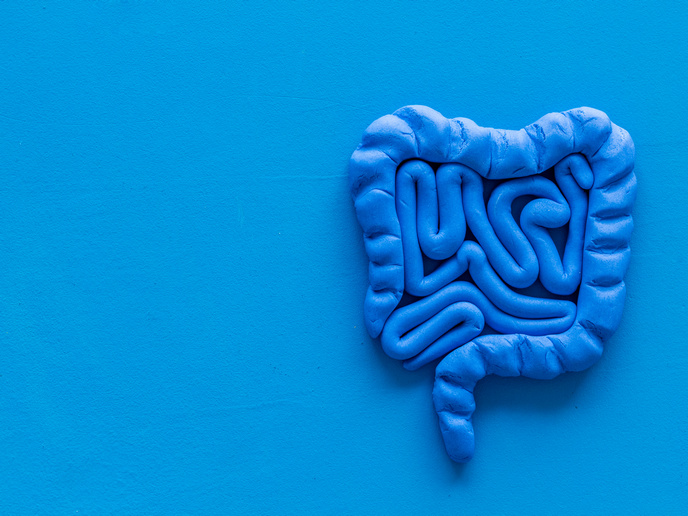A new paradigm in physical rehabilitation
People suffering from rheumatoid arthritis, neck, lumbar or shoulder pain know it all too well: the path from hospital-based treatment to recovery is fraught with difficulties. The statistics are unequivocal: a staggering 80 % of patients abandon their treatment prematurely, which in turn increases the likelihood of new injuries further down the line. ReHub (Rehabilitation Hub: The World’s first Digital Recovery Therapy solution) is the answer to this growing burden, both for patients and for social security systems across Europe. “In 2013, Ricardo Jauregui and myself were working for a leading European hospital and medical device company,” Silvia Raga, CEO of DyCare, recalls. “This is when we first identified existing obstacles to more effective therapy.”
Working towards more effective, personalised and affordable therapy
The first obstacle was a lack of objective and innovative measurement tools to monitor, control and clinically evaluate pathologies affecting the functionalities of the musculoskeletal system. DyCare answered this need with LYNX, a solution providing a functional assessment of joint disorders. The second obstacle was identified thanks to feedback from LYNX users: there was a strong, unfulfilled demand for a system involving patients, physicians and physical therapists in the rehabilitation process. “Stakeholders demanded a solution providing more effective, personalised and affordable therapy. The objective was threefold: increasing the operational productivity of health centres; assisting physicians and physical therapists in obtaining objective and dynamic evaluation of the functional conditions of the patient; and helping them monitor progress,” Raga explains. ReHub allows practitioners to design personalised exercises as homework for their patients. As they follow this programme, patients’ movements and force are then monitored in real time. “The innovative algorithms of ReHub are fed with the data collected by our proprietary sensor, DyTrack, which tracks movement and strength with clinical accuracy and provides a personalised movement and strength pattern for each patient,” comments Raga.
Validated mathematically, next up: clinical tests
The algorithms also provide control indexes such as adherence, quality of exercise performance and recovery rate. With all this information, the physical therapist can adapt the exercises so that they best meet the needs of the patient. All algorithms have been validated mathematically in collaboration with the University of Barcelona. They are and/or will soon be tested in a real clinical environment. “We are currently carrying out a multicentre clinical trial in two different EU hospitals (Italy and Spain) with the objective of further evaluating the efficacy, safety and usability of ReHub as a novel rehabilitation protocol,” says Raga. “Another major objective of the studies is to evaluate the economic and social impacts of using ReHub for patients and healthcare centres.” Although there is still some way to go before ReHub becomes a commercial product, physiotherapists and patients who had the chance to test it are already convinced of its value. A patient commented on the experience in these terms: “For personal reasons, I didn’t feel like doing anything, but ReHub really motivated me to do my exercises. I can only thank DyCare for this system.”
Keywords
ReHub, rehabilitation, musculoskeletal condition, rheumatoid arthritis, back, shoulder pain, neck, lumbar, algorithms, homecare, joint disorders, DyCare, sensor, exercise







